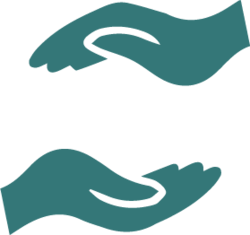The little ewe leaves her big dark eyes in the shadows
She is afraid, the ship's slow movements make her seasick. Her flock has long since left Australia's lush pastures. After two days of enduring an exhausting voyage by truck, the men took her aboard the huge freighter using electric prods.
Now, her fleece is covered with excrement and urine, dripping from the ceiling.
Up above, thousands of other sheep are being crowded together in the open air under the gusts of wind and foam. The sheep stand in one of the holds below deck, where the air laden with ammonia suffocates her and whose ceiling is so low that she must keep her head down. Impossible to go to sleep: there are too many of her kind around her. The roll of the ship carries them against each other where they slip on the wet ground. The trampled corpses of the weakest lie amongst the granules of fodder sodden with sea water, of which no one wants to eat. They are thirsty, because it’s rarely that they drink, despite the heat which is more and more overwhelming.
One morning, as the overcrowded boat slowly approaches the Islands of the Seychelles under a blazing sun, an explosion echoes in the engine room. Human cries, millions of terrified beasts rise from all sides. The pungent smell of diesel oil and burnt flesh reaches the nostrils of the sheep along with black smoke and flames. It's a panic. Under pressure, a door falls open. The sheep are rushing on the burning bridge. A huge crowd is already hurrying and turning in all directions. Some end up throwing themselves overboard. The fire devours the eight decks of the ship, tanks explode by projecting burning debris. The fleece of the sheep burns. She rushes to the ocean, where the sharks are waiting.
In the distance, the Mineral Century carries away on board fifty-five crew members who are now safe and sound. Nobody, on the other hand, bothered to save one of these sheep swimming around the burned wreck.
This was twenty years ago
On 29 August 1996 the MV UNICEB, a cargo of 20,884 tonnes, caught fire on the sixth day of its trip from Australia to Jordan. Abandoned in the middle of the Indian Ocean, the 67,488 sheep suffered an excruciating death by fire or drowning.
Twenty years later, nothing has changed. It is always in the millions that pigs, cows, calves and sheep are sent from their birthplace to distant destinations. When a shipwreck or a fire does not massacre them all, it is disease, hunger, the cold or exhaustion which takes their lives, corpses lie amongst these overcrowded animals. Finally, once arriving at their destination, these mass quantities of sheep who are destined for the countries of the Middle East are slaughtered without stunning, sometimes even on the side of the quay.
For the 20th anniversary of this disaster, CIWF is organizing this Monday, August 29, 2016, the first global day of action against long-distance transportation. One Voice and 38 other associations from around the world are partners in the event. It is urgent that the transport of animals be redesigned. Animals are not commodities, but living sentient and sentient beings! We need to reconsider how we treat them.
To
support our fight, you can participate in one of the organized
actions and write to Mr. Phil Hogan, European Commissioner for
Agriculture and Rural Development to ask for the end of animal
exports outside the European Union:
European Commission
Mr. Phil Hogan
Rue de la Loi / Wetstraat 200
1049 Brussels
Belgium















Comments 17
lolabaobab | Sunday 28 August 2016
pas de pseudo | Saturday 27 August 2016
maildenat | Saturday 27 August 2016
Ly | Saturday 27 August 2016